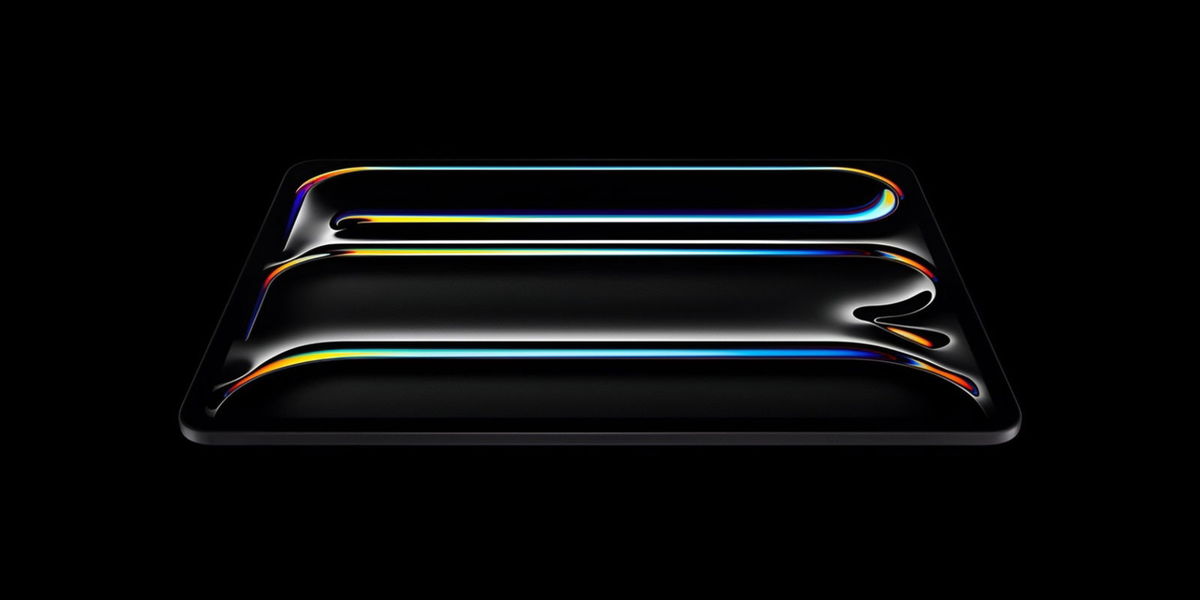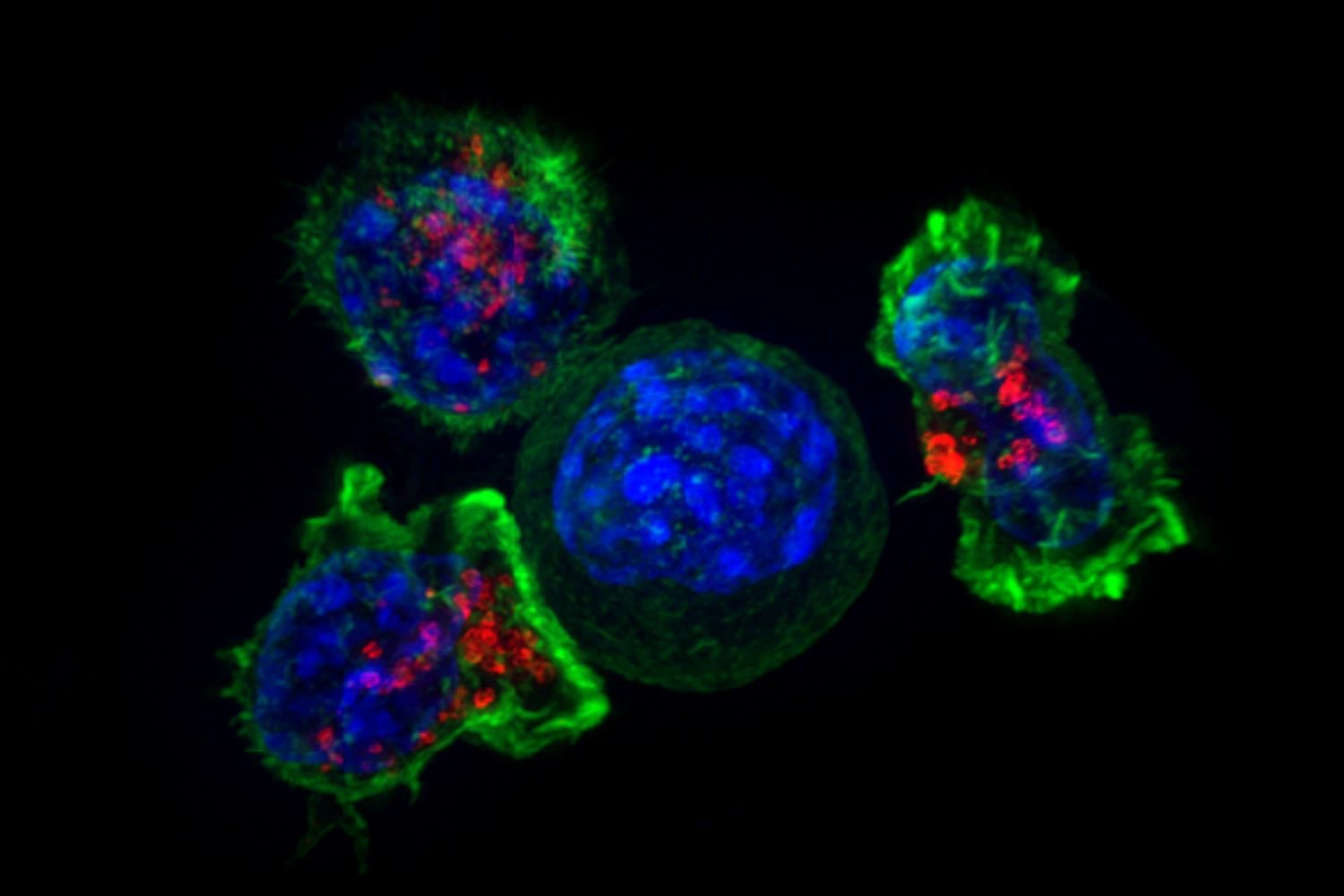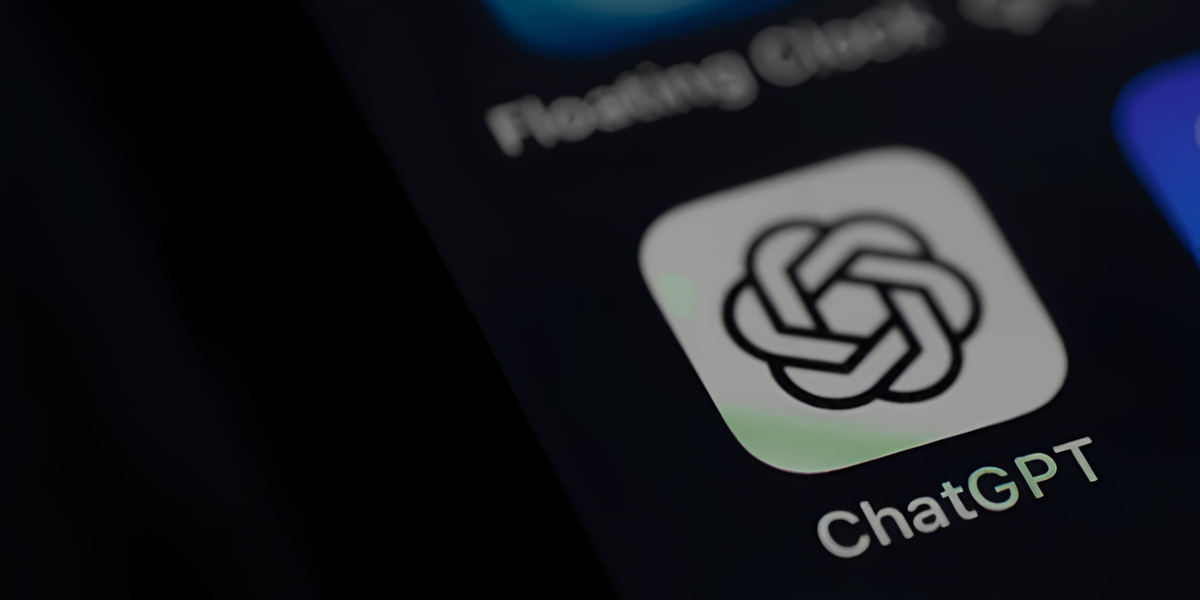First there were encyclopedias. After Dr. Google and later social networks and ChatGPT. Although none of these options can be equated with doctor’s adviceMany people continue to turn to them when they have health problems. Even after receiving a diagnosis, they can search the internet for feedback on how best to proceed. In this sense, one of the most popular networks, especially among young people, is tik tak. But you have to be careful because not everything that is posted on this social network is authentic. For example, according to a study presented today on Digestive Disease Week®what is published on liver diseases leaves much to be desired.
The study in question was conducted by a team of scientists at the University of Arizona and is based on a TikTok search of publications that included the terms “cirrhosis” or “liver disease”. In English, of course.
Thus, they found a total of 2223 articles that were published between October 1 and November 25, 2022. All of them were analyzed, compared with what was established in patient care recommendations from the current American College of Gastroenterology, the American Gastroenterological Association, and the American Association for the Study of Liver Diseases. The results weren’t very good, so the authors urge those responsible for TikTok to pay more attention to this type of publication.
Do not look for information about liver diseases on TikTok
By analyzing TikTok posts, these scholars saw that about 40% of which contained erroneous information. It could be many types, although the most common was to talk about medicinal herbs of questionable effectiveness, as well as detox drinks to cleanse the liver. These drinks are based on misleading marketing and have no beneficial function against liver disease. The problem is that they are very fashionable and therefore have a high presence on social media. There are also widespread publications that talk about the supposed effectiveness of some fungus or calf liver, or some methods cleanse of parasites. None of these are effective against liver diseases, which also may have different origins and must be evaluated separately.
For example, some cases can be solved simply by changing habits, while others require medications or surgery.
However, a positive fact is also drawn from this study, namely that, in fact, disinformation posts are less successful on TikTok. In fact, those that contained erroneous data had, on average, 1671 likes and 140 repostswhile those based on scientific evidence had a much better mean, 14 463 likes and 364 reposts.
Finally, it should be noted that publications just informative Previously, they contained more erroneous data than those based on reviews. This doesn’t mean all information is wrong or all reviews are good, but it’s something to keep in mind.

measures already taken
TikTok partners with experts in various fields to track the content of your posts. In addition, users themselves can notify if the entry seems suspicious to them. So the social network fights disinformationnot only in health. Also in many other industries. If a post is proven to contain misinformation, it is removed. However, some of them may slip through your filter, which is why such studies are very important. We must not forget that TikTok presents information in a very simple way, and this is what we are all looking for when we want to know something that we do not know. Experts are on the lookout; but, just in case, it is better to proceed with caution.
Source: Hiper Textual












